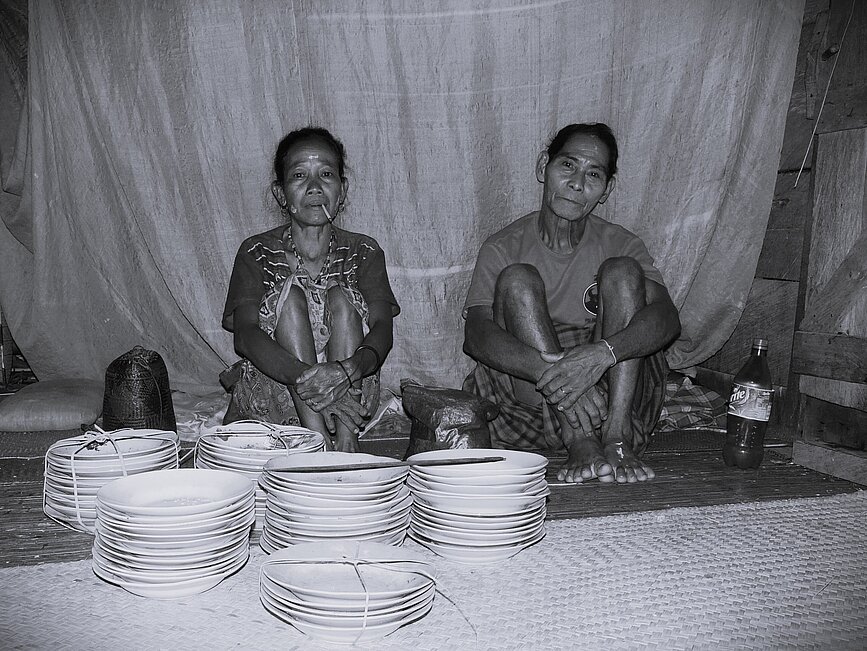ISA Regional Guest Lecture: KENNETH SILLANDER

The ceremonial distribution of plates is a distinctive ethnographic practice of the Bentian, an indigenous group of Indonesian Borneo. The plates are ordinary inexpensive store-bought plates and not always white but usually referred to as white plates (lumah bura) indicating that they form a currency of sorts. Large numbers of plates, measured by the dozen, are frequently handed out as rewards or compensation on certain public occasions (rituals, lawsuits, weddings). Gradually over the last half century, the plates have almost entirely replaced traditional valuables (gongs, ceramic jars, spears) as media of ceremonial exchange. Intriguingly, while economic value, following monetization and invasive corporate natural resource exploitation, colonizes more and more spheres of Bentian social life, the public distribution of plates, associated with commensality, remains frequent. Of modest economic value, the plates primarily represent symbolic compensation for valued assistance or resources provided by kin and neighbors. They are viewed as epitomes of “good form” and a moral economy of kinship and close relations based on values such as respect, reciprocity, responsibility, and defined in opposition to the market economy and its principles of profit, calculation, and selfishness. However, like money, which they in some ways resemble, the plates set a standard for compensating services, a commensurate price for inalienable assistance, and in their own way advance the “quantification of social life” (Marx), as well as publicly spotlight concerns of recompensation, expenditure, and moral virtue. The paper queries the complex significance of plate distribution in the Bentan moral and symbolic economy, particularly attending to how the performance of the latter is articulated with the former. Straddling different “registers of valuation” (Heuts and Mol), drawing on notions of both ethical and economic value (Lambek), the distribution of plates points to the ambiguities of relations both within the local society and with the larger world.
Kenneth Sillander is a senior university lecturer at the Swedish School of Social Science, University of Helsinki. He has conducted long-term ethnographic research among the Bentian people of Indonesian Borneo since 1993. He has published on varied subjects including kinship, religion, rituals, naming, ethnicity, values and sociality. He has edited Anarchic Solidarity (2011, Yale University Southeast Asia Studies), Ancestors in Borneo Societies (NIAS Press 2012), Human Nature and Social Life (Cambridge University Press, 2017) and the special issues “Belonging in Borneo: Refiguring Dayak Ethnicity in Indonesia” (Asia Pacific Journal of Anthropology, 2016) and “Qualifying Sociality through Values” (Anthropological Forum, 2021).